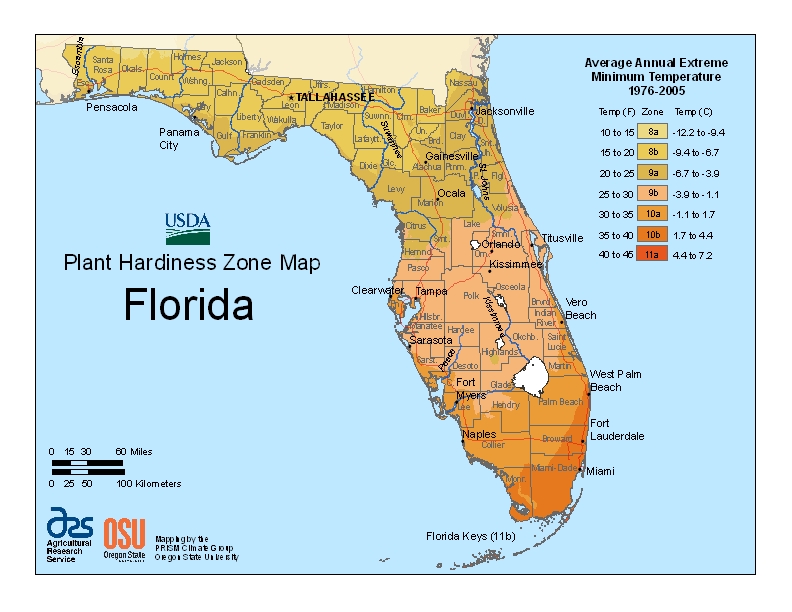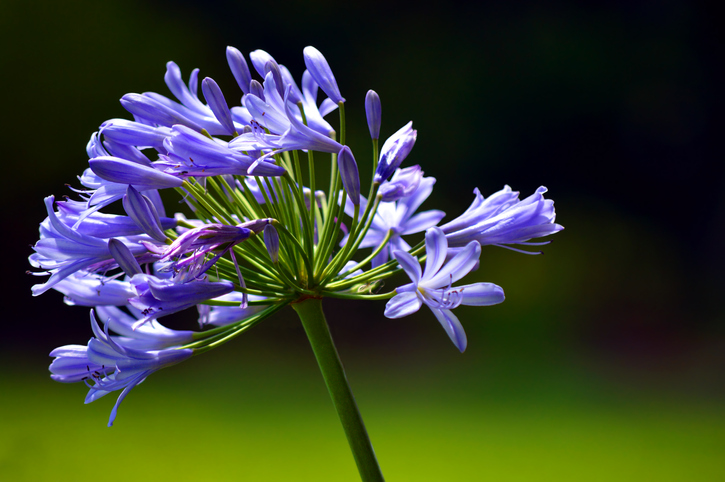Fall is here, and it’s time for homeowners to think about what to plant to grow a springtime bloom. If you wait too long, or choose the wrong flower to grow, you’ll miss out on beautiful splashes of blossom and color that will decorate your yard year after year. While you could go to your local nursery and pick up something in-season to plant when the time comes, it’s incredibly satisfying to have a plan and watch it grow. Bulbs are a great choice because they require very little time and money to create a beautiful garden come spring.
What is a Bulb?
Bulbs are essentially a storage system for the plant that will eventually grow. Inside the bulb are food reserves that help them get through the changing seasons and survive cold winters. There are two types of bulbs: spring bulbs and summer bulbs. Spring bulbs are hardy enough to last through winter and blossom in time for spring. You’ll want to plant them while the soil is still warm to get the root system going, but not so early that the plant thinks spring has already arrived. Bulbs also need a three-to-four month chilling period to develop a robust root system and long-lasting blossoms. If the ground is too cold, the root system won’t have time to develop and the chilling period won’t be long enough, resulting in some green foliage but no flowers.
When Should I Plant My Bulbs?
The best time to plant is when average nighttime temperatures range from 40 to 50 degrees. When that occurs can vary depending on what area of the state you live in, so the United States Department of Agriculture created a Plant Hardiness Zone Map, which displays average minimum winter temperatures divided into zones across the United States.

Florida has quite a few growing zones, ranging from 8a in Northern Florida to 11b down in the Florida Keys. Because of warmer Florida winter temperatures, plan to start planting in late November for a beautiful spring growth.
What Bulbs Should I Plant?
Growing zones not only help you plan when to plant, they can also help you decide what to plant. When you go to your local nursery, you’ll usually see what zones the plants they sell will thrive in. You can always grow a plant that can thrive in a lower zone, provided you take extra steps for care. Plants that thrive in higher zones than where you live will not fare as well. Choose firm, larger bulbs. Mushy bulbs won’t grow very well.
Here are the best bulbs to plant for the different zones in Florida:
- Zone 8: hardy geraniums, phlox, and fritillaria thrive in zone 8. Crinums, irises, and narcissus also do well.
- Zone 9: lilies, amaryllis, callas, and gladiolus will all grow wonderfully, and zone 8 flowers do well here also.
- Zone 10: try starflowers, anemones, and orchids. Zone 8 and 9 bulbs will also grow well here.
- Zone 11: tuberose, agapanthus, and cannas are good flowers for this zone. Some zone 9 and 10 bulbs do well also, like amaryllis, gladiolus, some lilies, and orchids.
How Do I Plant My Bulbs?
In general, plant bulbs at a depth of three times their size. Most bulbs will taper to a point, and you want to make sure you plant the bulb with the point up. Make sure you are planting in fertile soil that drains well. You can amend soil with bone meal or bulb fertilizer, but if the soil doesn’t drain well, the bulbs won’t last as long. Group your bulbs, rather than planting in a straight line, for a more natural look.
Foraging wildlife will dig up your bulbs, so you may want to cover your soil with a wire mesh with ½-inch holes cut into it to protect your plants. Covering the area with mulch will also help, and you’ll want to do that anyway to keep the soil warmer, so the roots can develop.
What Maintenance Should I Perform?
After your flowers have finished blooming for the season, take care you don’t trim back the foliage too soon. The leaves are still pulling nutrients from the sun down into the root system, so it can survive another winter. Wait for the leaves to completely yellow before pruning. Refresh your soil with a mixture of compost and bone meal to help your bulbs continue to perform for years. A little time and money are a small investment that adds a huge impact and value to your property.
Protect Your Property With Farm Bureau Insurance
Properly protect one of your biggest investments—your home—by purchasing high quality, affordable homeowners insurance from a trusted company serving Florida for over 70 years. Learn more and get a quote by contacting a local agent near you. Use our Agent Finder to get started.

